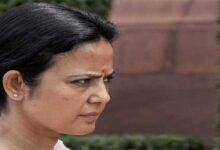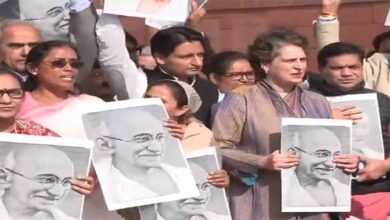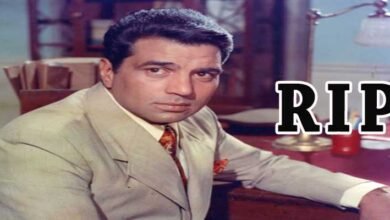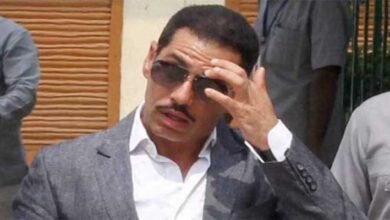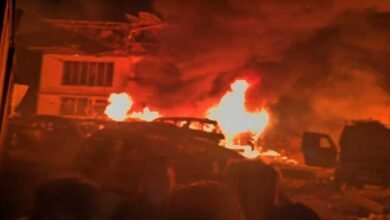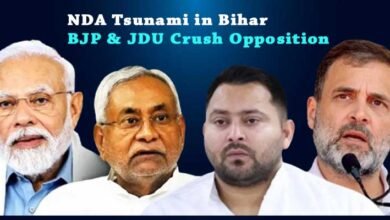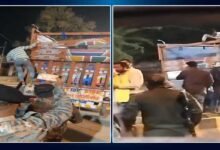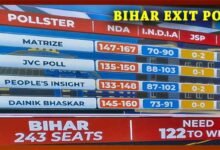Former Jammu and Kashmir Governor Satya Pal Malik Passes Away at 79
His mortal remains will be taken to his residence in RK Puram, with the cremation scheduled for Wednesday at Lodhi Crematorium.
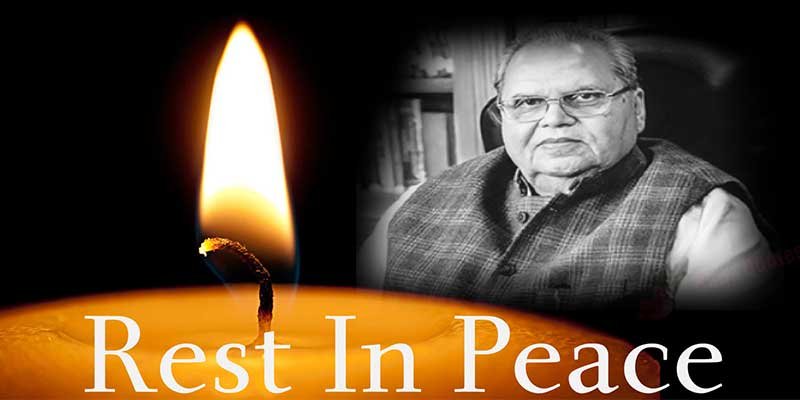
NEW DELHI– Satya Pal Malik, the former Governor of Jammu and Kashmir and a veteran politician, passed away on Tuesday at the age of 79 in Delhi’s Ram Manohar Lohia (RML) Hospital. Malik, who had been battling a prolonged illness, including kidney-related complications and a severe urinary tract infection, breathed his last at approximately 1:12 PM, as confirmed by his personal secretary, KS Rana, and hospital authorities.
His mortal remains will be taken to his residence in RK Puram, with the cremation scheduled for Wednesday at Lodhi Crematorium.
Born on July 24, 1946, in Hisawada village of Baghpat, Uttar Pradesh, Malik was a prominent Jat leader whose political career spanned over five decades. A graduate with a Bachelor of Science and LLB from Meerut University, he began his political journey as a student leader, serving as the student union president at Meerut University in 1968–69.
His first electoral success came in 1974 when he was elected to the Uttar Pradesh Legislative Assembly as a member of Chaudhary Charan Singh’s Bharatiya Kranti Dal. Malik later represented Uttar Pradesh in the Rajya Sabha from 1980 to 1989 and served as a Lok Sabha MP from Aligarh from 1989 to 1991 with the Janata Dal. Over the years, he was associated with multiple political parties, including Congress, Lok Dal, Samajwadi Party, and the Bharatiya Janata Party (BJP), which he joined in 2004 and served as its national vice-president in 2012.
Malik’s gubernatorial career was marked by significant tenures across several states. Appointed Governor of Bihar in 2017, he briefly held additional charge of Odisha in 2018. Later that year, he became the Governor of Jammu and Kashmir, serving from August 2018 to October 2019.
His tenure in Jammu and Kashmir coincided with the historic abrogation of Article 370 on August 5, 2019, which revoked the region’s special status and led to its reorganization into two Union Territories—Jammu & Kashmir and Ladakh. Malik was the last governor of the erstwhile state of Jammu and Kashmir. Following this, he served as Governor of Goa (2019–2020) and Meghalaya (2020–2022).
A vocal and often controversial figure, Malik gained attention in recent years for his criticism of the central government, particularly the BJP-led administration. His relationship with the BJP soured around 2020–2021 when he supported the farmers’ protests against the now-repealed farm laws.
Also Read- Mamata Banerjee Slams Delhi Police for Labeling Bengali as ‘Bangladeshi Language’
In 2023, Malik made headlines with allegations of security lapses in the 2019 Pulwama terror attack, which claimed the lives of 40 CRPF personnel. He claimed that the Central Reserve Police Force’s request for aircraft to transport personnel was denied, forcing them to travel by road, and alleged that Prime Minister Narendra Modi and National Security Advisor Ajit Doval instructed him to remain silent on the issue. These remarks sparked a political storm, drawing responses from the BJP, which questioned his credibility, and brought him closer to opposition leaders, including Congress MP Rahul Gandhi, who met him in the hospital in May 2025.
Malik’s health had been deteriorating since May 2025, when he was admitted to RML Hospital for kidney-related ailments and placed in the ICU for advanced care. In June, he shared an update on X, describing his condition as “serious.”
Tributes poured in from across the political spectrum. Congress MP Priyanka Gandhi called his passing “extremely saddening,” describing him as a “vocal voice” for farmers.
West Bengal Chief Minister Mamata Banerjee expressed condolences, noting Malik’s courage in speaking “unpleasant truths” about the Pulwama attack and farmers’ protests.
Jammu and Kashmir Leader of Opposition Sunil Sharma and Congress MP Gurjeet Singh Aujla also mourned his loss, praising his truthfulness and contributions during his tenure.
Malik’s death marks the end of a storied career defined by public service, political versatility, and outspokenness. His legacy, particularly his role in Jammu and Kashmir during a transformative period, will remain a significant chapter in India’s political history.

